JAMES WILLIS
“So it wasn’t that I set out to be a certified cicerone initially; it was more that I set out to know more about beer and then the certified cicerone program existed and I took advantage of it.”
General Manager at Kings Row Gastropub in Pasadena, CA
Certified Cicerone and Member of the Court of Master Sommeliers
Originally from Seattle, Washington
When was the first time you heard the word gastropub?
The first time I heard the word gastropub was probably in 2005. My wife and I took this trip to Sydney, Australia… and the food was not very good. The idea was great; I saw what they were going for. Unfortunately for where I went, the food just wasn’t that great. Whereas, I went to this hotel called The Orient Hotel and their food was insane, but their cocktail program was nothing. If I could have put those two bars together, then I would have had one amazing gastropub.
Do you think people in Los Angeles like the idea of the gastropub?
I do. I think the culture of acceptance of the idea of the gastropub starts with all the mixologists downtown, and people at Library Bar; people really putting out amazing cocktails. I mean, the best bar in my opinion is 1886 at the Raymond Restaurant, right here in Pasadena.
How did Kings Row come about?
Kings Row was the first gastropub in Pasadena, and it started because the ownership here saw the trend, they saw these cocktails being written about, they saw this really craft-oriented product coming to the forefront and thought that they wanted to do that. I came along as a consultant a little bit later and then they asked me to stay full time as a general manager because I was able to change some processes that they were involved in that allowed this place to be almost twice as profitable.
Who is your customer?
Well, for the most part, the people who keep coming back are Pasadena locals. We really try to cater our events to people who have access to us regularly, which include the communities of Altadena, Glendale, Silverlake and South Pasadena; the foodies and the craft beer nerds and the craft cocktail nerds, too. I have a bunch of mixologists that come up from downtown to see what we’re doing on our menu. It’s super flattering to see other professionals in the industry coming to check us out.
What about the community aspect of the gastropub?
Mobilizing the communities around you is the biggest thing you can do as a restaurant, and I think that’s whom we lean on as our regular clientele and our target market.
What is the process to become a certified cicerone?
So for a certified cicerone, I decided when I was at POP Champagne Bar as the Beverage Director that I needed to pursue a bit more expertise even though it was after my passion for beer had started at Lucky Baldwins…It all stuck with me, and the passion for beer was ignited and I realized I wanted to know more. And it just so happened that, by my pursuit of knowledge, there’s this certification that shows you have done the work to know what you are talking about. It turned into three months of intense study for me. I memorized every beer style from a BJCP, Beer Styles Guide, and this book “Tasting Beer” supplemented other resources I could find.
So it wasn’t that I set out to be a certified cicerone initially; it was more that I set out to know more about beer and then the certified cicerone program existed and I took advantage of it.
The syllabus for the program is what focused all of my studies, because it is very thorough and excellent. Anybody in the profession and in the industry, specifically on the beer side, should at least take the certified beer server exam--which is the entry level--and I think more and more people should be taking the certified cicerone exam. The sommelier title, that’s given way more weight than the beer certification, but beer is a bigger industry, there’s more depth, particularly here in America and not as many people know what they’re talking about.
You are also a member of the Court of Master Sommeliers. Do you think the knowledge needed to be a wine expert is the same or different to the information needed to be a beer expert?
It’s almost exactly the same; it is about understanding the history, understanding the production of the beverage. You need to understand how beer is brewed to understand the different styles, the different cultures. For wine, you need to understand the dirt and climate and make up of the soil where these grapes are coming from. So in that regard, wines are much harder, and becoming a master sommelier is much harder. I think on the certified level, between the certified sommelier and certified cicerone, cicerone is a bit harder.
“The public house culture, that’s really where my heart is with this whole thing. It’s what motivated me to get the certifications that I got; what motivates me to be a good person is that we are all in this together. We’re all human beings, right? And yeah, we might have different ethos, different religions, different creeds, different codes; but all that aside, we’re still human beings and we deserve respect. So, I think that as a guest walks through the door, we need to view them as that; we need to show them the hospitality that they deserve and give them the best service that we can. That to me is the heart of, not only a good gastropub but also, a good restaurant in general. And then the food, and the beverage and the concept follow out of that. ”
